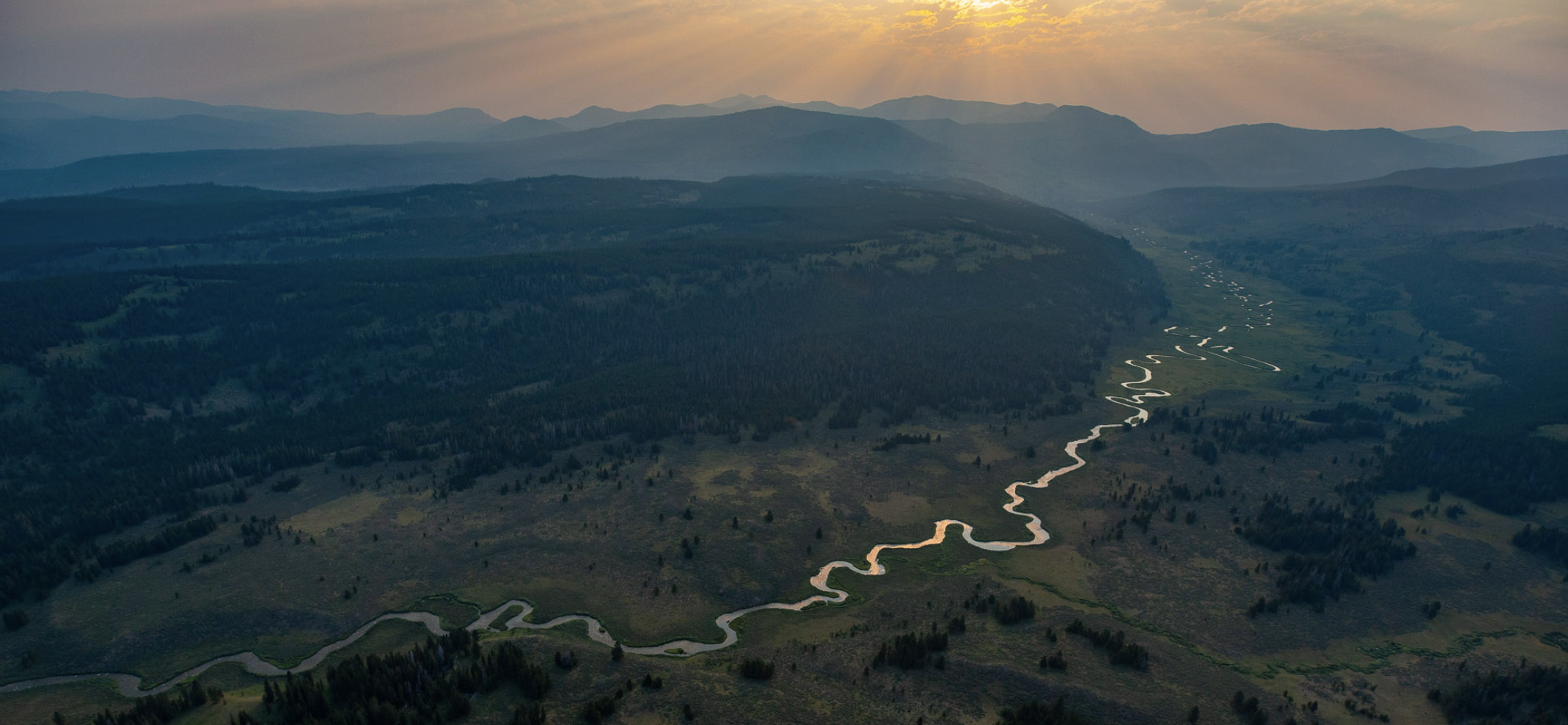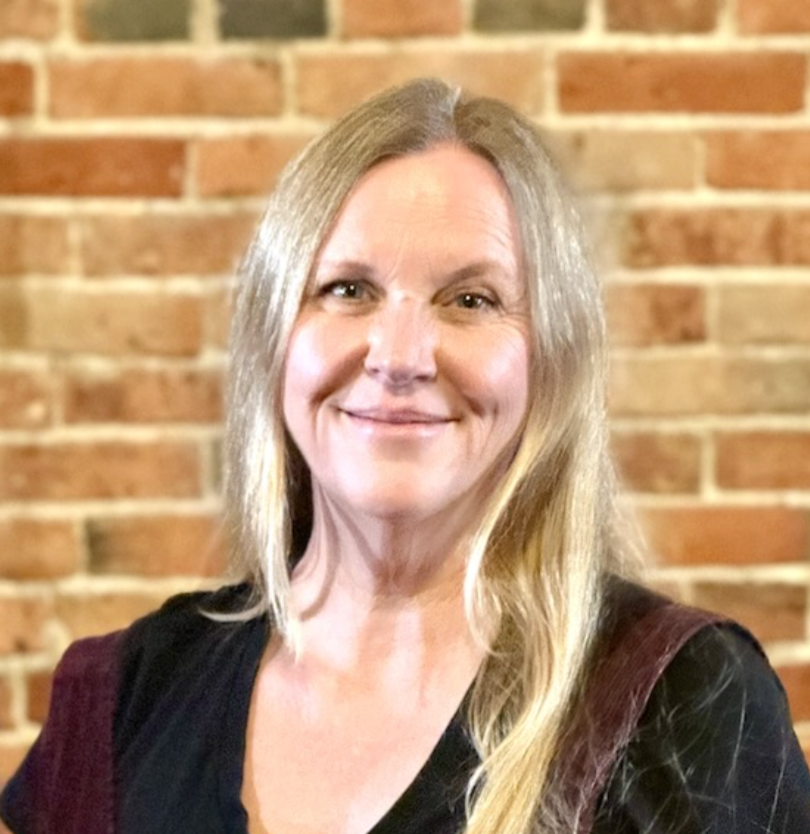
About Gilly
gil·ly /’gilē/
noun
An ancient Gaelic term for a guide on an expedition in the wilderness or on a river.
A software platform that guides river restoration and preservation.
OUR MISSION
To make water-related permitting in Montana more efficient, transparent, and collaborative — helping landowners, conservation districts, and agencies work together to protect Montana’s streams and rivers.
OUR STORY
Gilly was developed by the Four Corners Foundation (4CF) in partnership with the Gallatin Conservation District to address growing challenges around water quality, water quantity, and the permitting workload faced by local districts.
What began as a pilot project for the Gallatin Watershed has grown into a statewide platform — built to simplify the 310 Joint Application process and bring all related permits into one cohesive, digital system.
OUR APPROACH
Gilly treats Montana’s rivers and streams as interconnected systems rather than isolated projects. By combining permit data, mapping tools, and user collaboration, we make it easier for communities to manage their watersheds strategically — one project at a time.
OUR VISION
We envision a Montana where every conservation district has the tools and data to manage permits confidently, collaborate across agencies, and sustain healthy watersheds for future generations.
MEET THE GILLY TEAM
Gilly is a project of the Four Corners Foundation (4CF), in Gallatin County, Montana. 4CF was founded in 2003 as an advocate for the thoughtful and strategic use of water in the Gallatin River Watershed and beyond. For more information, visit 4cornersfoundation.org
CONTACT
info@gilly.org




